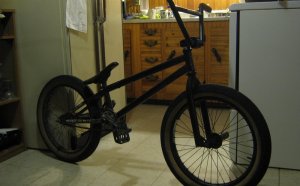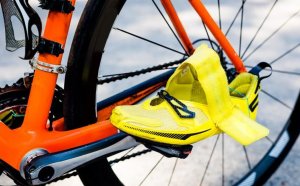
Second hand Racing bicycles
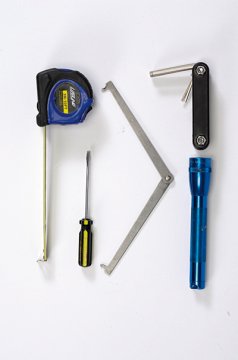
1. Working seatpost
Raise the bike up a few ins and permit it to drop, listening for rattles or clunking. With metal, titanium and – to an inferior level – aluminum, any injury to the frame and hand is apparent, but that’s never the truth with carbon bicycles, that will need a little more investigation once more.
Very first, look at the seatpost clamp location, especially the slot. Numerous carbon frames don’t have an opening drilled after the slot, which stops splits from spreading within high-stress location. Also, look at the seatpost featuresn’t seized up: loosen the chair clamp and try to twist the seat, it will go quickly.
2. The frame
When checking the frame, closely examine the surface of the finish. Take a look at the frame in good light, or with a torch. Sight down the tubes to see ripples or harm – don’t purchase the bicycle if you see any splits.
The front derailleur mounting dish, particularly when it's riveted or fused, has to be inspected closely. Bluish-white powdery deposits tend to be yes signs and symptoms of corrosion and will cause the supports to-break off. After that grab the end of the cage on front side mech and provide it a tug – you really need ton’t feel significantly more than 3mm of play. Inspect the most notable and down tube for damage from roofing and boot racks.
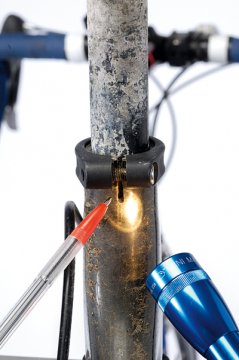 3. Steerer and headset
3. Steerer and headset
Do your research and look how closely the existing spec fits the first. If the fork or front wheel were replaced, ask why. Don’t choose the cycle if it’s as a result of an accident.
If the cycle has a carbon steerer, check it for harm within stem-clamping point and ensure the headset doesn’t have problems with a case of steering indexing syndrome (SIS). To achieve this, raise the leading wheel up-and allow the bars to move from side to side: they shouldn’t remain in the center. When you can, drop the fork out and check the steerer and crown for deterioration. Then look at the dropouts when it comes to amount of wear caused by the quick-release minds.
4. Attachments/rivets
Check all attachments towards the framework: container rivets, cable stops on both the top tube and back derailleur, and down pipe cable guides, which can be located in a critically stressed location several ins from the mind tube. Check out the ‘chain suck’ zone – the region between the chainstay together with little band. There ought to be a plastic or metal plate. If you haven’t, ensure this area is not gouged.
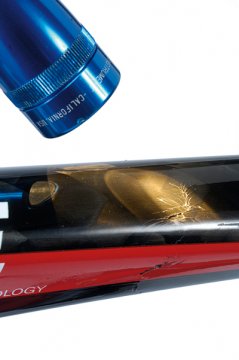 A couple of area scratches regarding the lacquer tend to be fine – they can be touched with model enamel. Ask for authorization to clean away some paint in poorly corroded places assuring it is just skin deep.
A couple of area scratches regarding the lacquer tend to be fine – they can be touched with model enamel. Ask for authorization to clean away some paint in poorly corroded places assuring it is just skin deep.
5. Bonding areas
Joining methods differ dependent on frame design. Even monocoque designs incorporate bonded, riveted or bolted metal elements. Check always locations where in actuality the carbon or aluminum pipes tend to be bonded within their bones. The combination of dissimilar products (carbon/aluminium) and an electrolyte (salty roadway squirt) produces what exactly is, in essence, a large battery. This can cause galvanic corrosion. Some oxidation or peeling finish is okay, but keep clear of huge spaces or dense bubbling of paint. Form dropouts, perform due diligence underneath bracket and merely below the headset glasses.
6. Contact things
Email points tend to be a possible minefield from a safety perspective. With carbon bars or seatposts, check for similar signs and symptoms of tension as in point 2 (the frame). With aluminum components under normal circumstances, at the most five years’ use should always be permitted for components under anxiety, especially the club and stem. Under rushing problems, shorten that to two.
Don’t risk injury by accepting a bicycle with parts used for any further. Today open up the clamp to check out heavily worn spots or grooves, identifiable by worn out anodising and exposed natural aluminum. Seek signs and symptoms of crash damage, such as for instance scrapes regarding brake levers, club stops, saddle edges and rear derailleur. Consider replacement as well as its expense if you’re in doubt.
7. The wheels
The rims and tyres should be true and in good shape – this is important for the efficiency regarding the bike, and essential for managing ultimate prices. Look for oxidation and cracks at spoke holes on rim and hub. Also, make sure worn pads haven’t already been permitted to get the stopping surfaces. Supply the rims a spin and eyeball the space between your braking system pads.
Hook away from true of about 1mm roughly is fine if it’s steady and occurs uniformly. If it is periodic or occurs at an unusual i'm all over this each transformation after that this really is a sign of bearing wear, which usually suggests at the very least a hub service and often a fresh wheel. Equally, a rumbling sensation thought inside fork knee or tip is a sure indication of dry or worn out bearings.
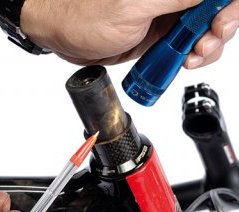
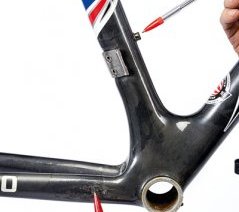
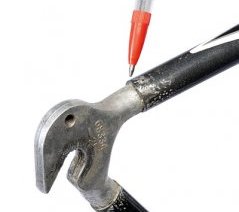
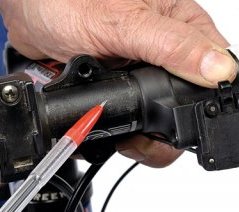
YOU MIGHT ALSO LIKE
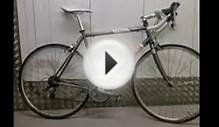
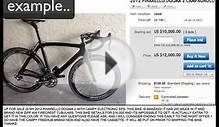
Share this Post
Related posts
Second Hand BMX Bikes
BMX General Discussion/Quick Question Thread V3.5 - Page 3837
Read MoreBest Road Racing bicycles
It’s difficult to say the thing that makes a really great road-bike. Yes, there are functions cyclists often look for—a light…
Read More
